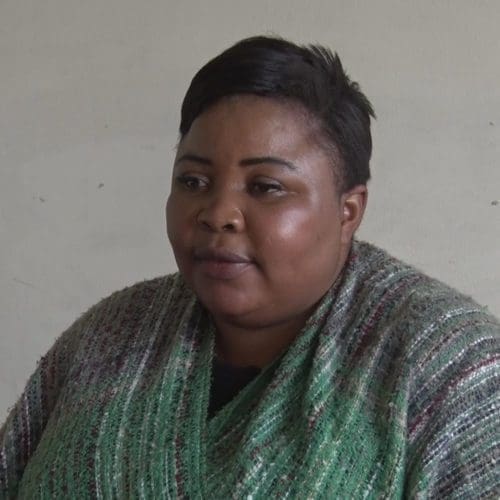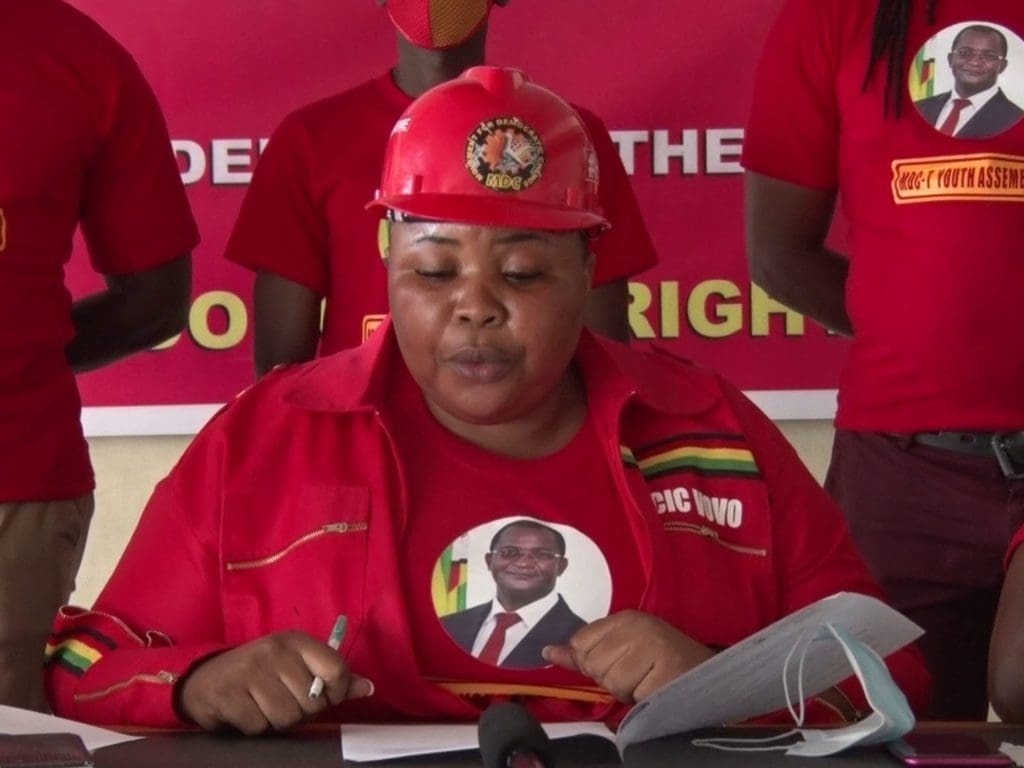Freed political prisoner in Zimbabwe wins office, fights for voting rights
On June 3, 2011, police moved us from the station to Chikurubi Maximum Prison. The correctional officers asked me to change into prison clothes. They used a horse pipe to unlock my handcuffs and took off my sticky clothes. As they tortured me for days in prison, blood covered my body.
- 4 years ago
July 19, 2022

HARARE, Zimbabwe — On May 29, 2011, police arrested me and seven other people for killing an officer at a protest I never attended. After seven years in jail, I left prison on presidential amnesty. After 10 years a judge vacated my 20-year conviction. All throughout that time, I fought for prisoner voting rights. Today, I serve the government as a member of Parliament.
Life in Chikurubi Maximum Prison
The day of my arrest, while doing business at the Palm Lodge in Harare, Zimbabwe, police detained me. They said nothing as they took me to the Harare Central Police Station. At midnight, they transferred me and seven other prisoners, during which they tortured us. Finally, we arrived at the police station in Matapi – one of the country’s worst and most filthy facilities.
Five days later, on June 3, 2011, police moved us from the station to Chikurubi Maximum Prison. The correctional officers asked me to change into prison clothes. They used a horse pipe to unlock my handcuffs and took off my sticky clothing. As they tortured me for days in prison, blood covered my body.
For two days afterward, they offered no medications and no medical support from a doctor. Mai Chifodya, the ruthless officer in charge, appeared heartless. I felt as though I met evil. Wielding her power, she declared that anyone who represented the Movement of Democratic Change would not be moved to the Chirikubi female prison. Instead, we would remain in maximum security.
Following Chifodya’s order, I shared a cell briefly with Rebecca Mafikeni and five other girls. Chikurubi Maximum Prison serves male inmates, so the guards separated us and assigned each of us to an individual cell in the FB2 section.
All day long, the guards kept us in solitary confinement. We received a 30-minute break each day to bask in the sun. On my turn, I always passed by Rebecca’s cell and greeted her from the outside. This continued for three years until she died.
Ex-prisoner becomes legislator
In 2014, three years after the initial arrests, the courts released us on bail, but the victory remained short-lived. The state sentenced three of us to 20 years in prison in 2016. Tungamirai Madzokere, Last Maengahama, and I became political prisoners once again.
Throughout the entire ordeal, we came to realize the system prevented inmates from voting. We first discovered this during the Harmonized Election in 2013. We began advocating for inmates to register to vote. The guards refused and we could not vote that year.
Later, as 2018 approached, the people of Zimbabwe readied for the General Elections. We wanted to cast our votes, so my two co-accused friends and I sought our lawyer’s opinion and advocated once again for the prisoners’ right to vote.
During my entire time in prison, the members of the Zimbabwe Electoral Commission never visited the prison. They never carried out any voter education for prisoners. In my view, the country never even considered our political rights or opinions.
When I was released from prison through presidential amnesty in 2018, leaving my co-accused friends inside, the political party had split into two sides. I joined the Nelson Chamisa-led faction until I realized they did not welcome me. I soon left for the more accommodating group which was led by Thokozani Khuphe. In 2021, my co-accused and I finally received acquittals for the crimes we were wrongly accused of.
Once out of jail, the voters elected me to represent my party as a Proportional Representative Member of Parliament. Today, I fight to see prisoners casting votes to address their rights while serving time in jail.























































































































































































































































































